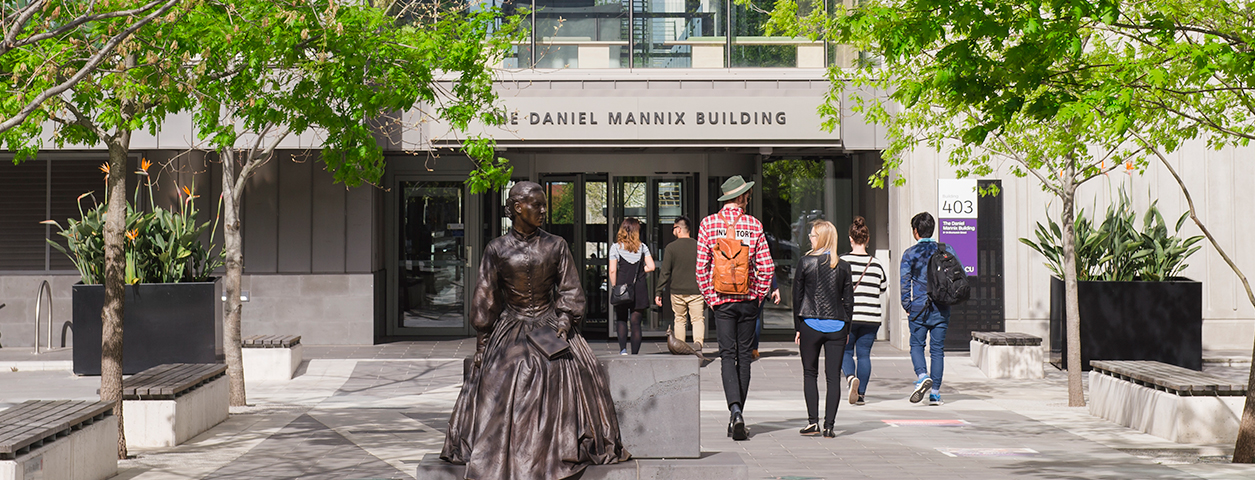You are required to nominate two referees who can speak to your academic and research capabilities.
Referee reports are confidential and submitted directly from the referee to the university via our online application system. During the application process, you’ll be asked to enter the names and email addresses of your referees. Please ensure their email addresses are entered correctly.
Once you submit your application, your referees will receive an email invitation with a link to complete the online reference form. Let them know to expect this email and advise them to check their junk or spam folders if they don’t see it.
It is your responsibility to ensure both referees complete and submit their reports. Your application will not be assessed until both forms have been received.
If you're applying for a scholarship with a specific closing date, your referee reports must be submitted within one week of that deadline.
By logging into your applicant portal (ACU Apply Online) you can:
- Monitor the status of your referee reports
- Resend a reference request
- Update a referee’s email address
- Nominate a new referee if needed
Regularly checking your portal helps ensure your application progresses without delays.
You’ll be notified once both references have been received, and your application is ready for assessment.
If your referees experience any issues with the online form, they can contact: international.admissions@acu.edu.au.
Note: If you applied through an agent, you will need to log in to your applicant portal (ACU Apply Online) using the email address your agent supplied in your application. If you haven't logged in previously, you can select "I have forgotten my password" to receive an email with instructions to set your password. If you have difficulties with this process, please confirm with your agent the email address they provided to the University.


